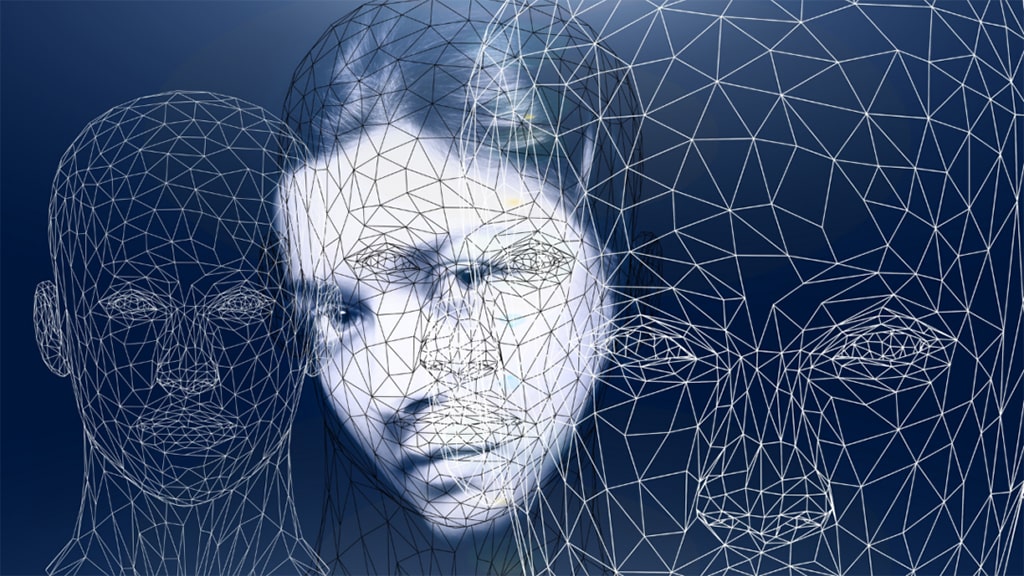emotional intelligence introduction

in this program
- how did it begin?
- what is it?
- how does one develop EQ?
how did it begin?
Peter Salovey and John Mayer, both behavioral scientists, first coined the term “emotional intelligence,” around 1990. they described emotional intelligence as a form of social intelligence that involves the ability to monitor one’s own and others’ feelings and emotions, to discriminate among them, and to use this information to guide one’s thinking and action.
around the same time, a study was reported on in Time Magazine which seemed to echo this definition. it was always accepted that intellectual intelligence (IQ) was the basis of success in a career. higher IQ seemed to correlate with higher ability. however, the study revealed paradoxical findings. some data suggested that high IQ outperformed average IQ by 20%. other data showed that average IQ outperformed high IQ by 70%. it seemed the average IQs who outperformed high IQs did so through emotional intelligence (EQ). it appears the ability to monitor one’s own and others’ emotions, to discern from them, and to use this information to guide one’s thinking makes a significant difference in terms of our ability to achieve success in our careers. in other words, success does not just depend on knowing the facts, but also on knowing how to read and influence people, and even more one’s ability to change their behavior in order to meet the current need. behind every transaction there is a relationship.

it is foundational
many additional studies have been done since 1990, and today we accept that emotional intelligence accounts for roughly 58% of performance in all occupations. when we look at the areas of application, its importance becomes even more clear.
- trust, flexibility
- accountability
- anger management
- customer service
- social skills, presentation skills.
- stress tolerance, communication
- empathy
- assertiveness
- resilience
- time management
- decision-making.
what is it?
Daniel Goleman has produced seminal work in the realm of EQ and defines it as the ability to:

... recognize, understand and manage our own emotions. recognize, understand and influence the emotions of others. in practical terms, this means being aware that emotions can drive our behavior and impact people (both positively and negatively) and learning how to manage those emotions — our own and those of others — especially when we are under pressure.

Daniel Goleman
when one reflects on the definition for a moment, it is clear that there are many processes involved. additionally, if you value relationship, it is an essential ability. according to Goleman, the five most prominent qualities of the emotionally intelligent person are self-awareness, self-regulation, empathy, self-motivation, and social skills.
EQ is also different from IQ in the sense that your IQ is static, meaning that it tends to remain the same over one’s lifetime. EQ is a flexible skill that can be learned, and that keeps on evolving with practice.

four skillsets
self-awareness means that we are aware of our emotions, can accurately assess and
name them, and can be vulnerable around them. self-aware individuals are usually honest with themselves and
others, tending to share their real feelings.
self-regulation includes controlling our impulses, being responsive rather than
reactive, tending towards transparency, being adaptive, and self-motivating.
social awareness enhances our skills by growing empathy and compassion,
organizational awareness, and a sensitive understanding of cultural differences.
relationship management is defined by the ability to influence others, build
bonds, resolve conflicts, and collaborate.

what does it look like?
you can see that emotionally intelligent people embody some remarkable qualities. they have a deep sense and knowledge of themselves and different personalities. they are able to sacrifice a need in the moment in order to serve a bigger goal. for example, they may choose to give way in the heat of an argument because it is more important to care for the relationship overall. they do not compromise, but rather become more deeply creative, so solutions can be the “third position.” it is neither your way, nor my way, but the third way, which benefits us both equally.

it is a practice
we all have the capacity to develop our emotional intelligence. one way to do this is to discern the different categories contained within EQ, and focus on specific practices in each category. as with mindfulness, the practices may initially be difficult, especially if they run counter to your current habits. and as awareness grows, it may feel like you’ve opened Pandora’s box. the first thing we tend to become aware of is how little we have been aware of.
growing our self-awareness naturally leads to the ability to start regulating our thoughts, emotions and actions. and when we focus on our natural capacity for empathy, and expand our awareness of the range of different personalities, our social awareness grows to the extent that we are able to manage not only ourselves, but also the relationships that we are deeply invested in. the following programs describe each skill set of emotional intelligence more clearly, and provide many practices for each. we look forward to seeing you soon.

it takes considerable knowledge just to realize the extent of your own ignorance.

Thomas Sowell


